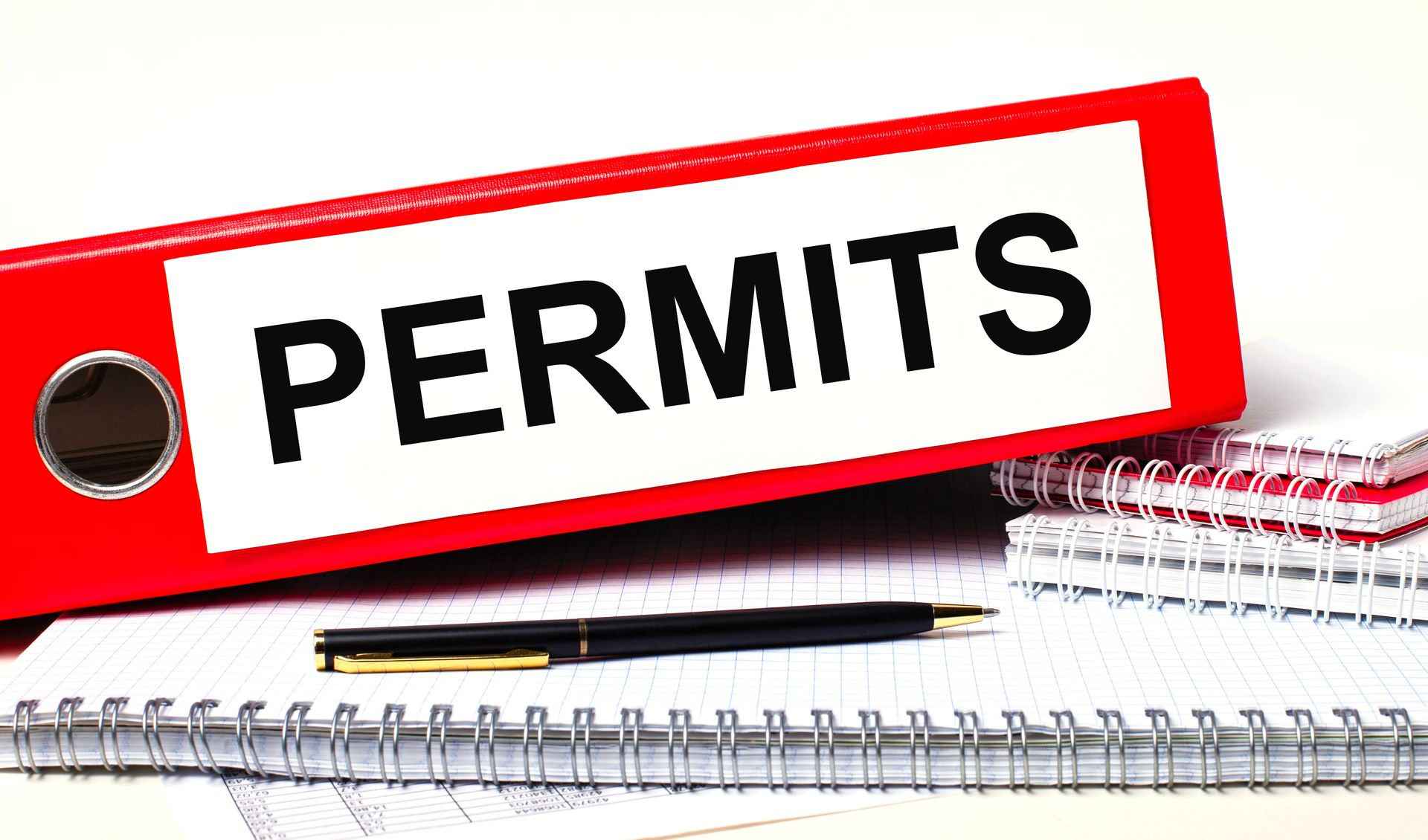Construction sites can be a massive source of pollutants and toxins that may leave public water sources vulnerable to pollution if not properly managed.
As a result, the EPA requires many construction sites to implement proper BMPs, such as developing a stormwater management plan and controls at discharge points to regulate the discharge of pollutant materials from a work site.
Under the EPA’s National Pollutant Discharge Elimination System (NPDES), construction sites of a specific size are legally required to obtain a Construction General Permit for any mandated construction activities.
In 2022, the EPA updated its guidelines for its Construction General Permit that you need to be aware of.
What Is the EPA’s Construction General Permit?
Under the National Pollutant Discharge Elimination System (NPDES), any generalized construction activity that disturbs one or more acres of land or is part of a larger joint construction project must obtain a Construction General Permit to discharge waste into public waters.
The CGP is one permit under the NPDES program, which regulate several other industries, including industrial activities, oil and gas drilling, and transportation.
The NPDES system is authorized by the Clean Water Act of 1972 and requires all point source dischargers to obtain a proper permit before dumping toxic materials. The NPDES system is also designed to prevent stormwater runoff from construction zones and pollution of surrounding waterways.
All generalized construction activity that meets the requirements above is required to fill out a Notice of Intent (NOI) to obtain an NPDES CGP permit. Part of the process will require construction managers to develop a stormwater pollution prevention plan (SWPPP) to comply with federal and local safety regulations.
As of January 18, 2022, the EPA signed a new CGP permit that replaced the 2017 version and took effect on February 17, 2022. While similar to previous iterations, the new permit does include some important provisions all construction managers need to follow.
2022 CGP Key Measures
- All Notice of Intent requests must be sent using the EPA’s NPDES NeT tool.
- All construction managers are required to develop an SWPPP and keep it up to date.
- Routine site maintenance must be conducted at discharge points.
- Controls must be implemented to rectify any issues that relate to stormwater discharge.
- Permits require an inspection by a qualified person who has completed an EPA inspection course or acquired a certificate from a course that uses the same material.
- Construction managers must comply with turbidity monitoring stipulations.
- Documentation must be provided to prove that proper inspections and corrective actions have been taken.
- Construction managers must comply with state and local requirements stipulated under Part 9 of the permit.
What Type of Construction Activity Is Impacted?
The CGP regulates any construction zone that undergoes earth-distributing activities at one acre or more of land or smaller construction sites belonging to a large construction zone.
Earth-distributing activities are defined as:
- Grading
- Excavating
- Clearing
However, the permit also regulates any general “construction activities,” which may include:
- Dredging fill materials
- Placing raw materials on site
- Grubbing
However, the permit does not regulate any activities related to interior modeling or renovation.
Additionally, permits don’t regulate any long-term care, such as laying down gravel or paving roads, that communities or facilities require.
Instances When an NPDES Permit Is Not Required?
Construction zones that can capture all stormwater onsite allow it to evaporate or soak, or use stormwater for irrigation without discharging that water into public waterways do not require an NPDES permit.
Permits may also be waived if a proper total maximum daily load (TMDL) analysis is completed or there is determined to be a low rainfall erosivity at the site.
How to Obtain an NPDES Permit
Only qualified site “operators” may acquire permits. Operators are defined as anyone with access to construction site plans and the ability to modify those plans and anyone in charge of day-to-day activity at the site.
Sites with multiple operators require every operator to submit an application for a permit and obtain proper coverage.
To acquire a permit, operators must submit a Notice of Intent along with SWPPP information for approval.
What Information Is Required by an NOI?
An NOI is relatively straightforward and requires the following information:
- Operator information
- SWPPP information, including personnel training
- Contact info for NOI preparer
- Site specifications
- Discharge points and information
- Endangered species protection information
- Land preservation information
- Chemical treatment information
- NOI certification
Some states may require their own permitting process or charge extra fees depending on a few factors.
Working with an environmental consultant experienced in SWPPP management will help you develop a plan that follows EPA guidelines and ensures proper compliance.
CGP Permit FAQs
Why Do I Need a Construction General Permit?
Any construction zone that disturbs more than one acre of land and will discharge into public waterways where the EPA maintains NPDES authority is required by law to obtain a CGP permit.
The permit system ensures that public waterways are protected from illegal dumping and pollution that could threaten the health of nearby residents, as well as flora and fauna.
How Long Are NPDES Permits Valid
Permits are valid for up to 5 years and require a renewal application to be submitted at least 180 days before termination.
Construction sites that are stabilized may submit a Notice of Termination to the EPA to terminate permit coverage for a specific area.
How Much Do CGP Permits Cost?
Permits range in cost by state. For example, in Florida, CGP permits for large construction zones (disturbing 5 acres or more of land) are $400, and $250 for small construction zones. On the other hand, Tennessee issues fees for CGP permits that may cost thousands of dollars for large construction zones.





